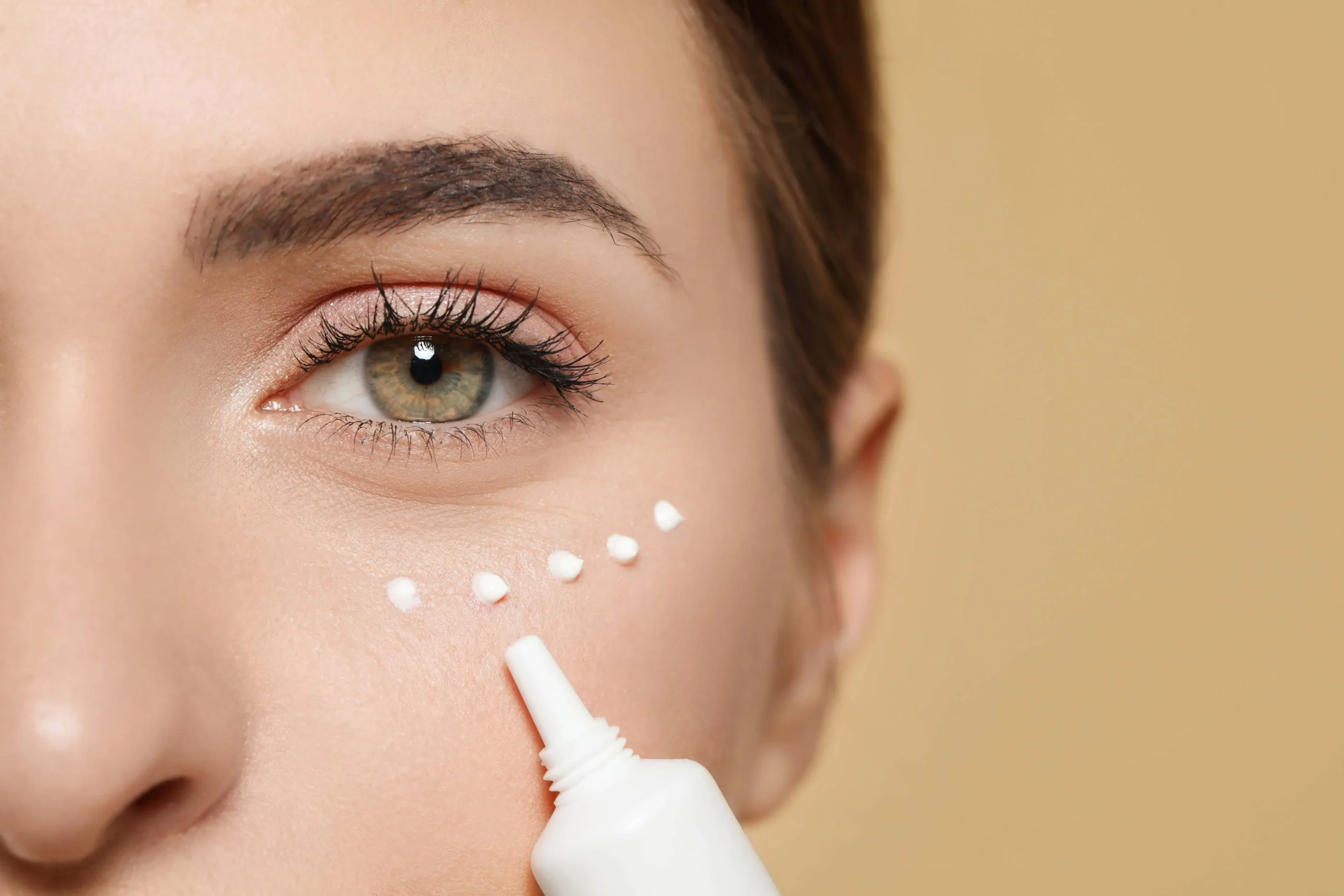What is Vitamin C?
Vitamin C, or L-Ascorbic Acid, is a popular cosmeceutical ingredient that has brightening and antioxidant properties. There are several derivatives of Vitamin C, including sodium ascorbate, magnesium ascorbyl phosphate, sodium ascorbyl phosphate, ascorbyl palmitate, and tetrahexyldecyl ascorbate. The most potent of these is L-ascorbic acid.
What does Vitamin C serum do for your skin?
Vitamin C is a potent antioxidant, lightener, brightener, and anti-inflammatory agent ingredient when applied to the skin surface. It also helps maintain and fortify the skin’s barrier.
Who would benefit from using Vitamin C?
Everyone can benefit from a Vitamin C serum or lotion. However, those that would notice the most change to their skin tone and texture would be those with sensitive and inflamed skin (acne-prone skin), those with post-inflammatory hyperpigmentation, those with uneven skin tone and texture, and sun damage.
Who should stay away from using Vitamin C?
Vitamin C, when taken orally, can have some effects on other medications, such as NSAIDs, barbiturates, chemotherapy agents and others. When applying it to the skin, if you are using Vitamin C with a retinol, it can be irritating due to the acidic nature of Vitamin C. If irritation occurs, you should decrease the frequency of application.
Which skin care ingredients play nicely with Vitamin C and why?
Vitamins E and Ferulic Acid are two ingredients that increase the power and potency of Vitamin C. When combined with Vitamin E, Vitamin C offers greater photoprotection. When combined with Ferulic Acid, which is a botanical antioxidant, UV protection is even further enhanced, and it is thought that the Ferulic Acid helps to stabilize the Vitamin C. When these three ingredients are combined together, the outcome is EIGHT times more the photoprotection.
What can you not mix with Vitamin C serum and why?
Mixing Vitamin C with a Retinol can possibly cause irritation due to the acidic nature of Vitamin C and the fact that using such ingredients can increase your skins sensitivity can cause irritation when bombarded with too many ingredients.
How can you incorporate Vitamin C into your daily/weekly skin care routine?
Vitamin C is best applied in the morning and/or at night. If the product is in a water-based serum, it is ideal to apply it to damp skin for example, after a hydrating toner. If the Vitamin C is in a cream or lotion-based formulation, applying it after your serums is best.
Does Vitamin C actually brighten skin?
When applied topically, Vitamin C works to inhibit the formation of melanin, which causes pigmentation in our skin. This leads to overall brightening as well as evening the skin tone and texture. It is oil-free, artificial dye free, and formulated without parabens, sulfates and phthalates.
Tell us about your favorite Vitamin C skin products that you’d recommend?
The Soyier Skin Collection has several Vitamin C products that are both luxurious and super effective.
Melange Antioxydant: a beautiful Vitamin C, E, and Ferulic Acid serum that acts to brighten overall skin complexion and tone. Formulated as a lightweight, yet powerful serum, this can be used day or night for immediate renewal and lasting photoprotection.
Crème Brillante: an enlightening crème that offers an illuminating and smooth complexion. It also includes powerful brightening agents such as Tamanu, plant oils and macadamia nut. It leaves your skin with decadent scents of rich cocoa and a supple feel.






